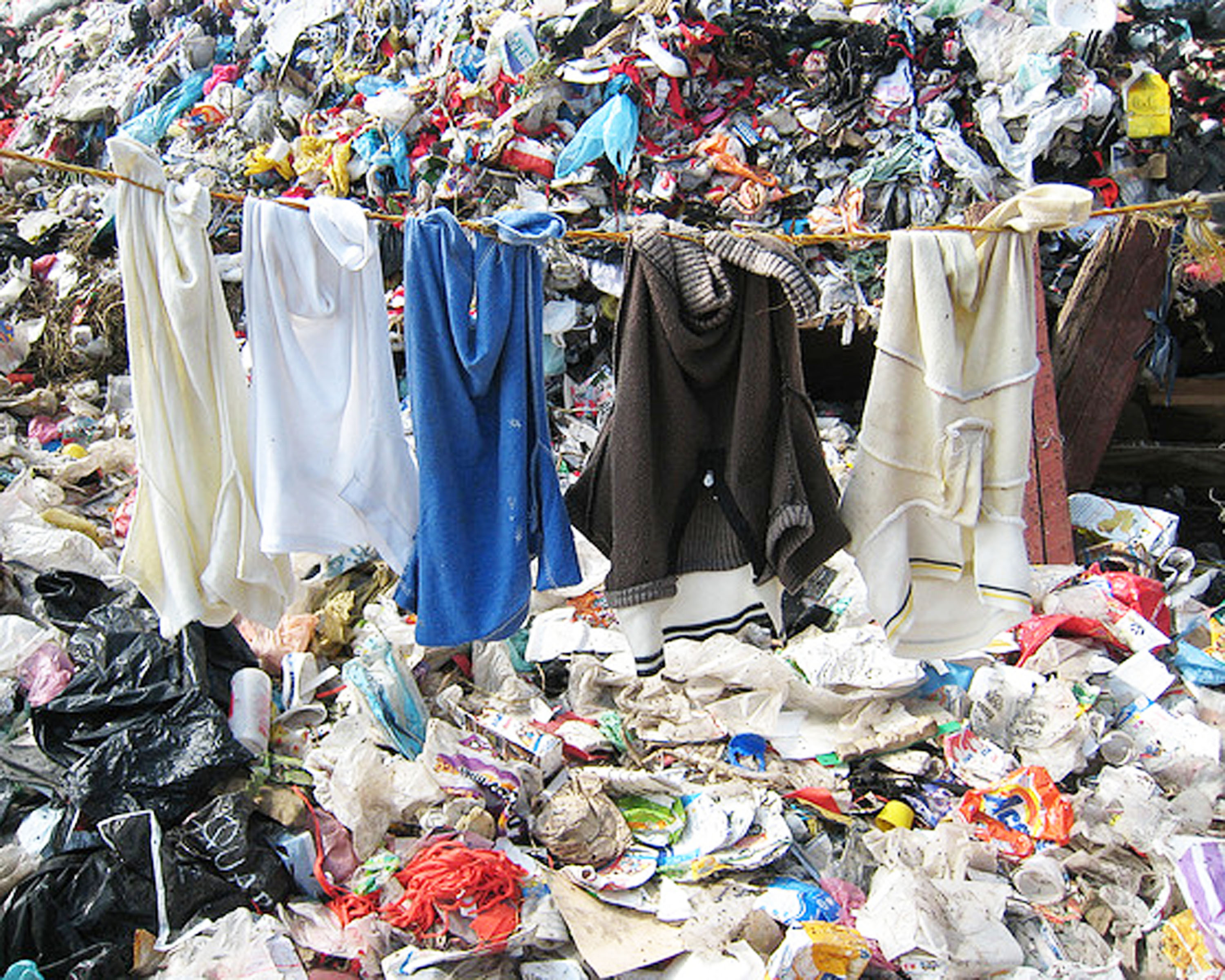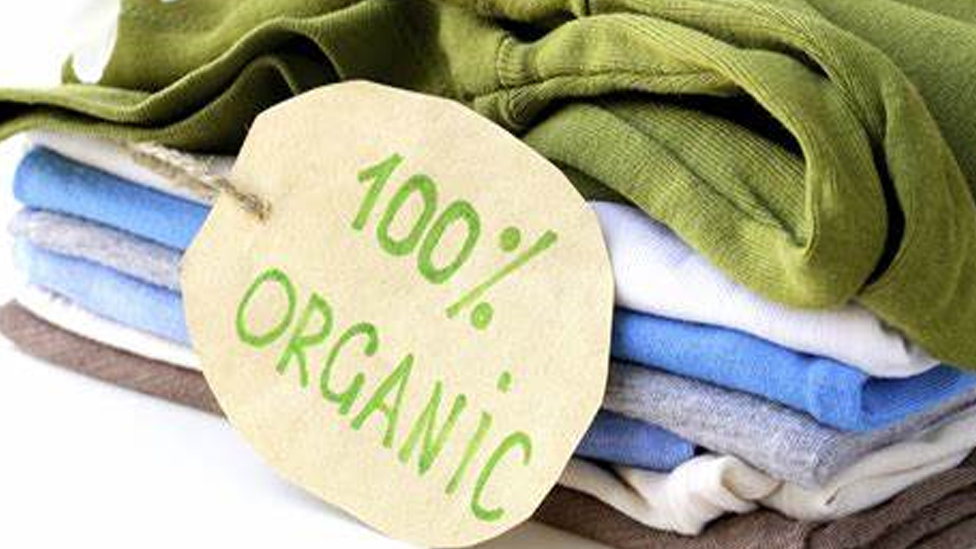The global fashion industry’s impact on the planet is no secret, causing ten percent of the world’s carbon emissions and producing significant waste that ends up in landfills.
Fast fashion contributes to this issue with its poor garment quality and constantly changing trends, leading people to purchase more frequently. As a result, 35kg of textile waste is generated per person in the US each year, and only 20 to 30 percent of wardrobes are worn.
Therefore, the European Commission has created a new strategy for sustainable and circular textiles to address this issue by addressing the production and consumption of materials.

Notably, Sustain Your Style reports that 400 percent more clothes are produced than 20 years ago, 80 billion garments are created each year, and fast fashion brands release 52 micro-collections annually.
The European Commission’s new strategy will aim to tackle this problem by encouraging sustainable practices and a circular economy.
Climate Change
The EU ranks fourth in terms of climate change and environmental impact, following food, housing, and mobility. Additionally, it scores high for water consumption, land usage, primary raw materials, and greenhouse gas emissions. To create a greener and more competitive textile industry,

the European Commission has developed a new strategy that implements the commitments of the European Green Deal, industrial strategy, and circular economy action plan.
The Commission envisions that all EU products will be durable, repairable, recyclable, and free from hazardous substances by 2030. Furthermore, adopting sustainable practices across the supply chain can be advantageous for businesses.
Go Green
Being green can save money, boost reputation and competitiveness. 54.6% buyers prefer sustainable brands. To avoid greenwashing, avoid certification schemes such as WRAP and The Sustainable Apparel Coalition.

Comprehensive legislation like the Fashion Sustainability and Social Accountability Act in New York is urgently needed. It is essential to prioritize sustainability. Bombyx can help with apparel PLM software.